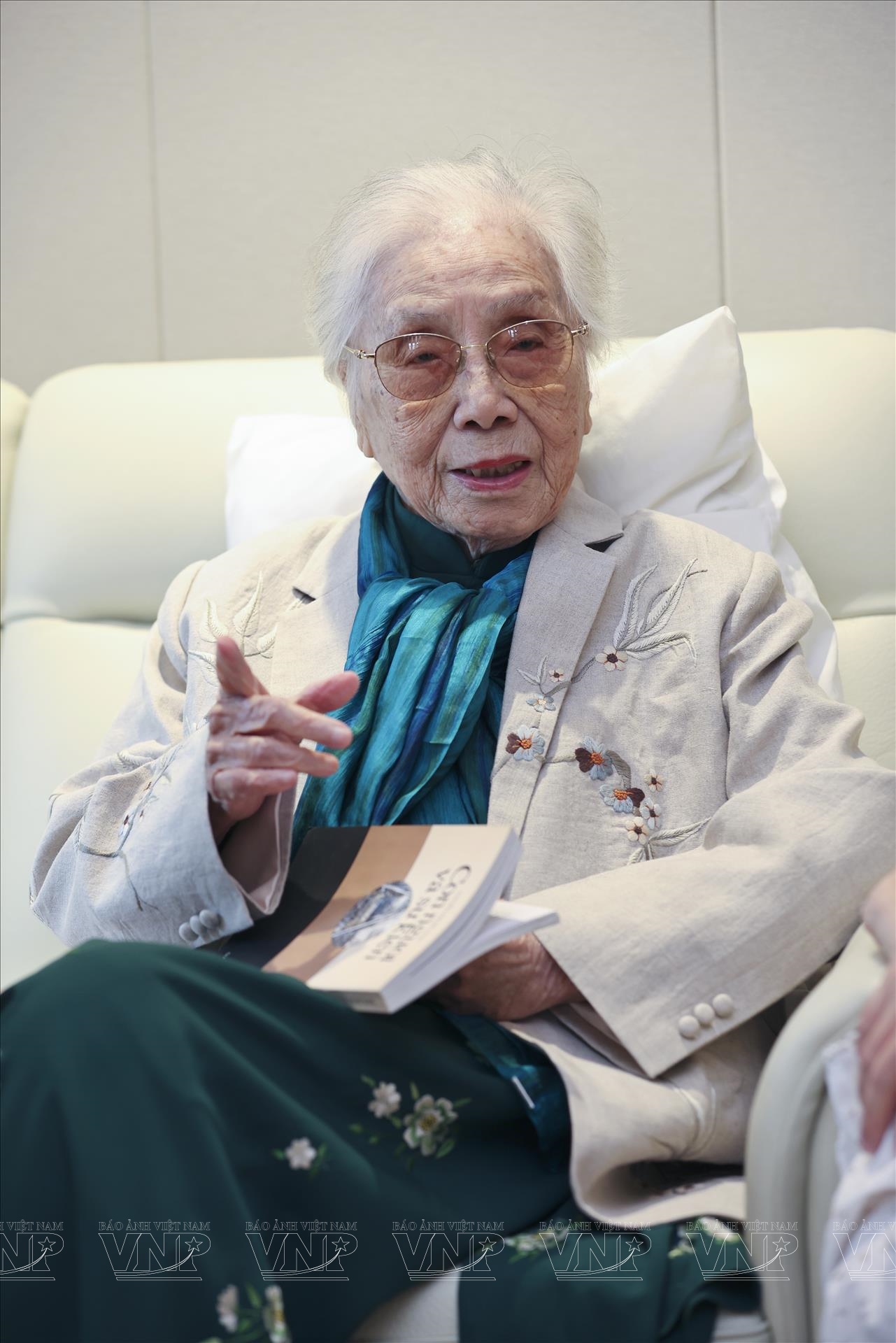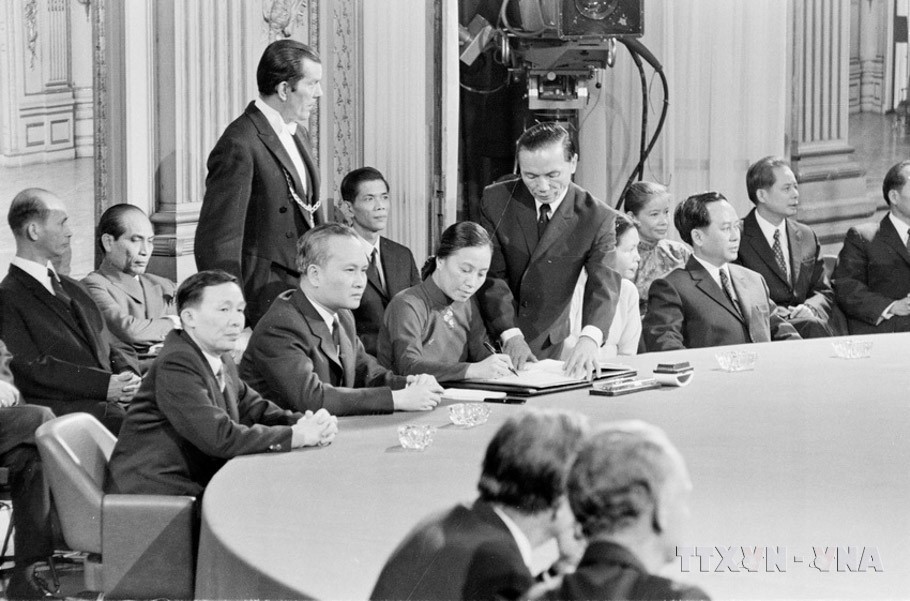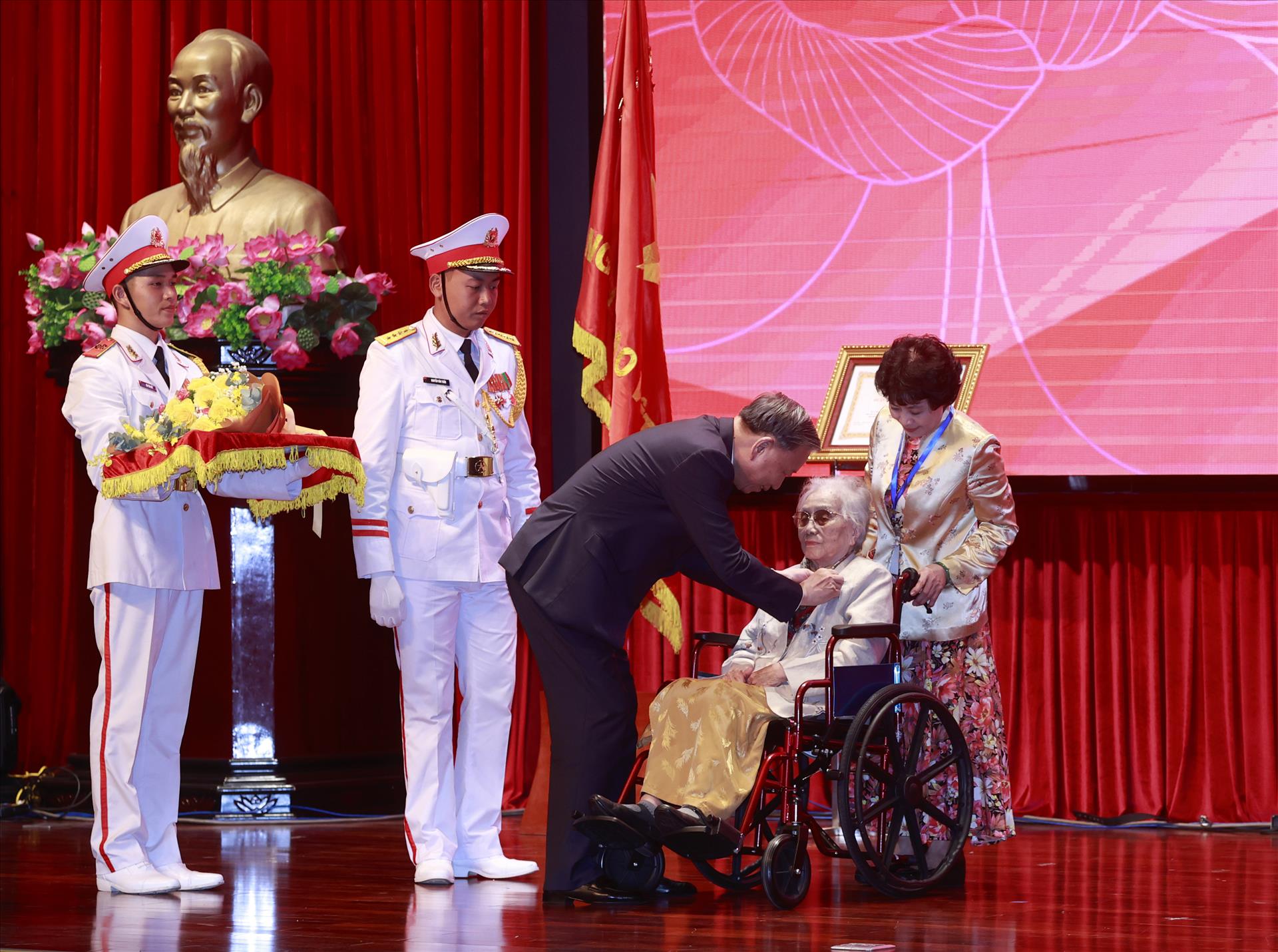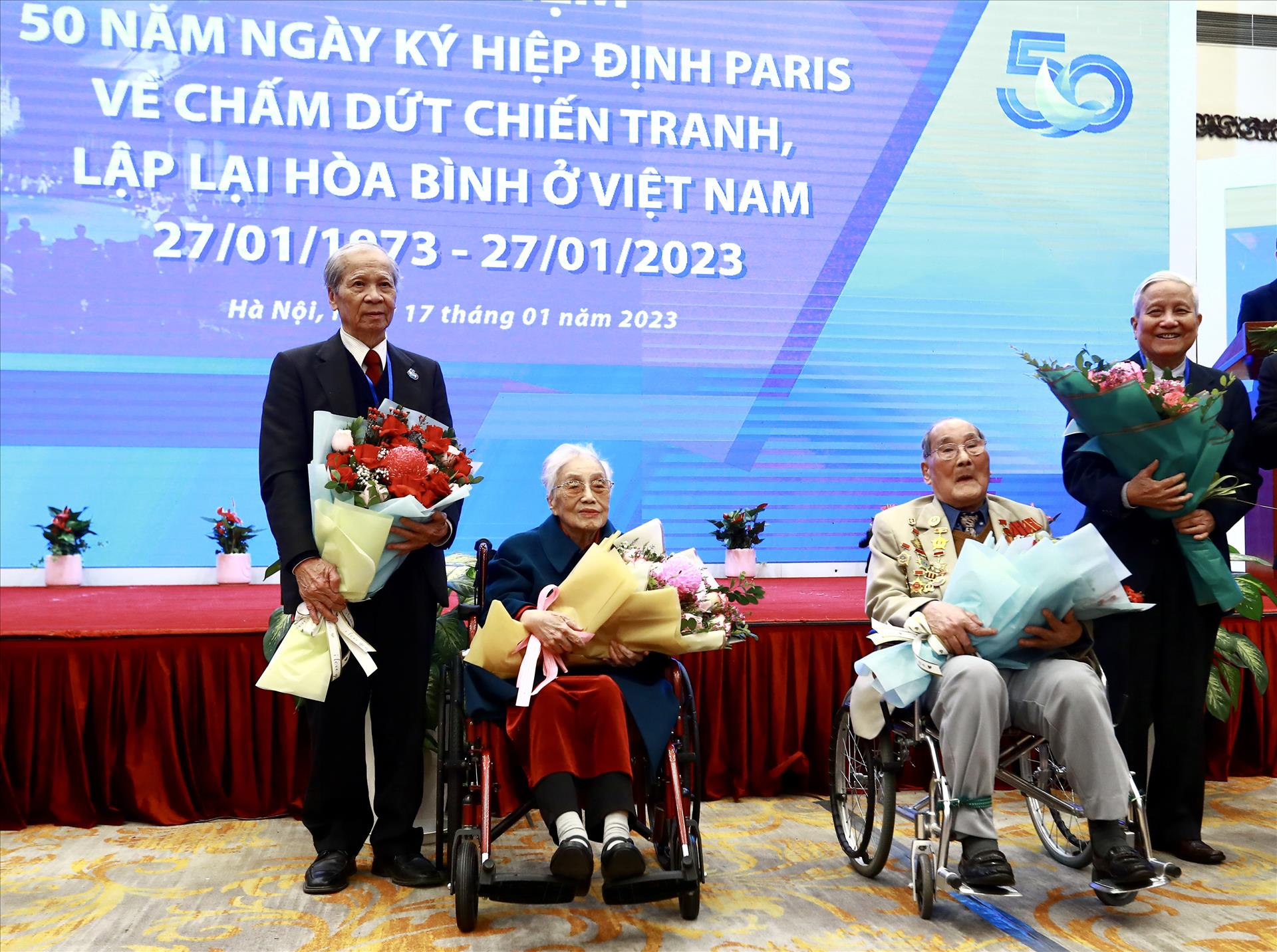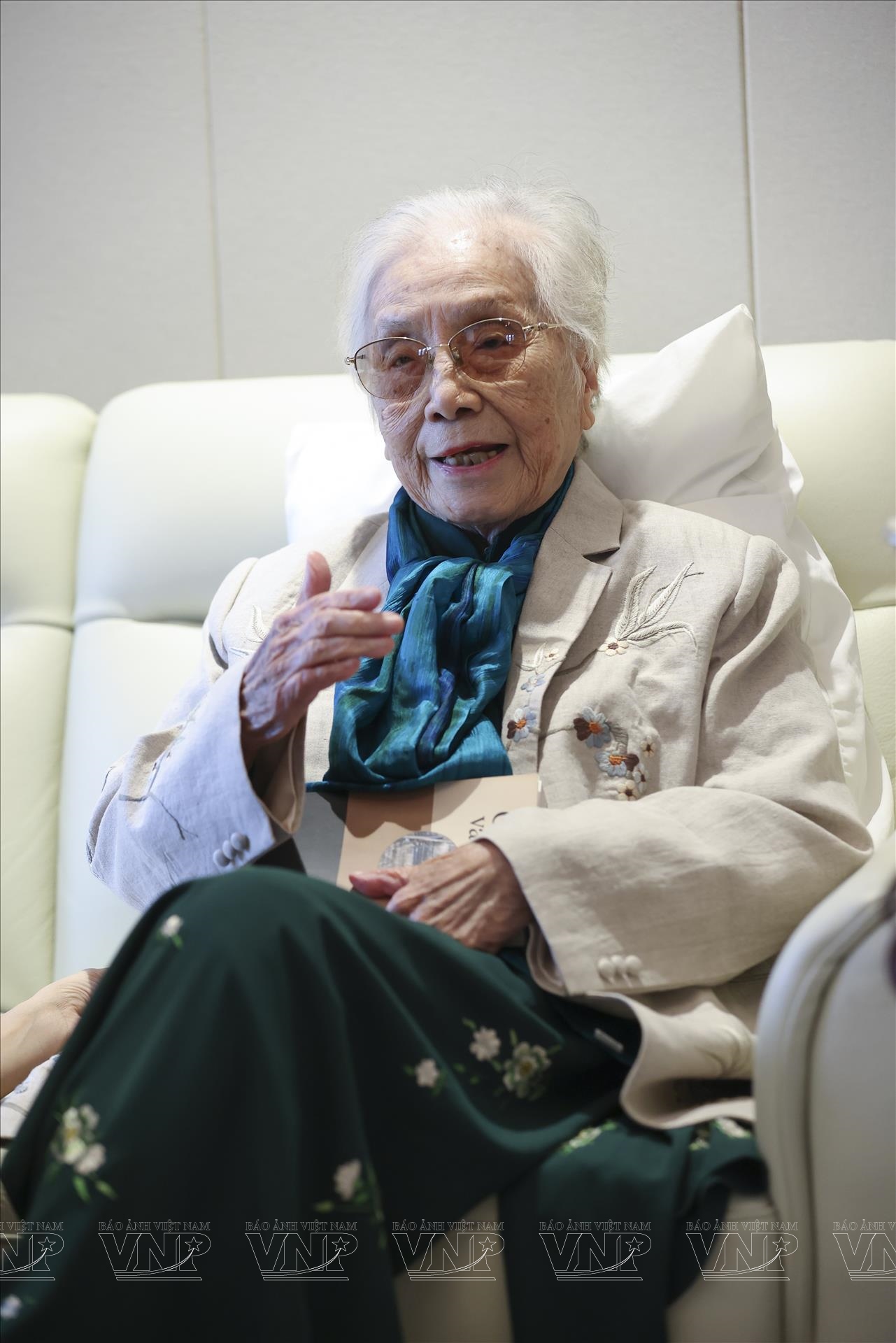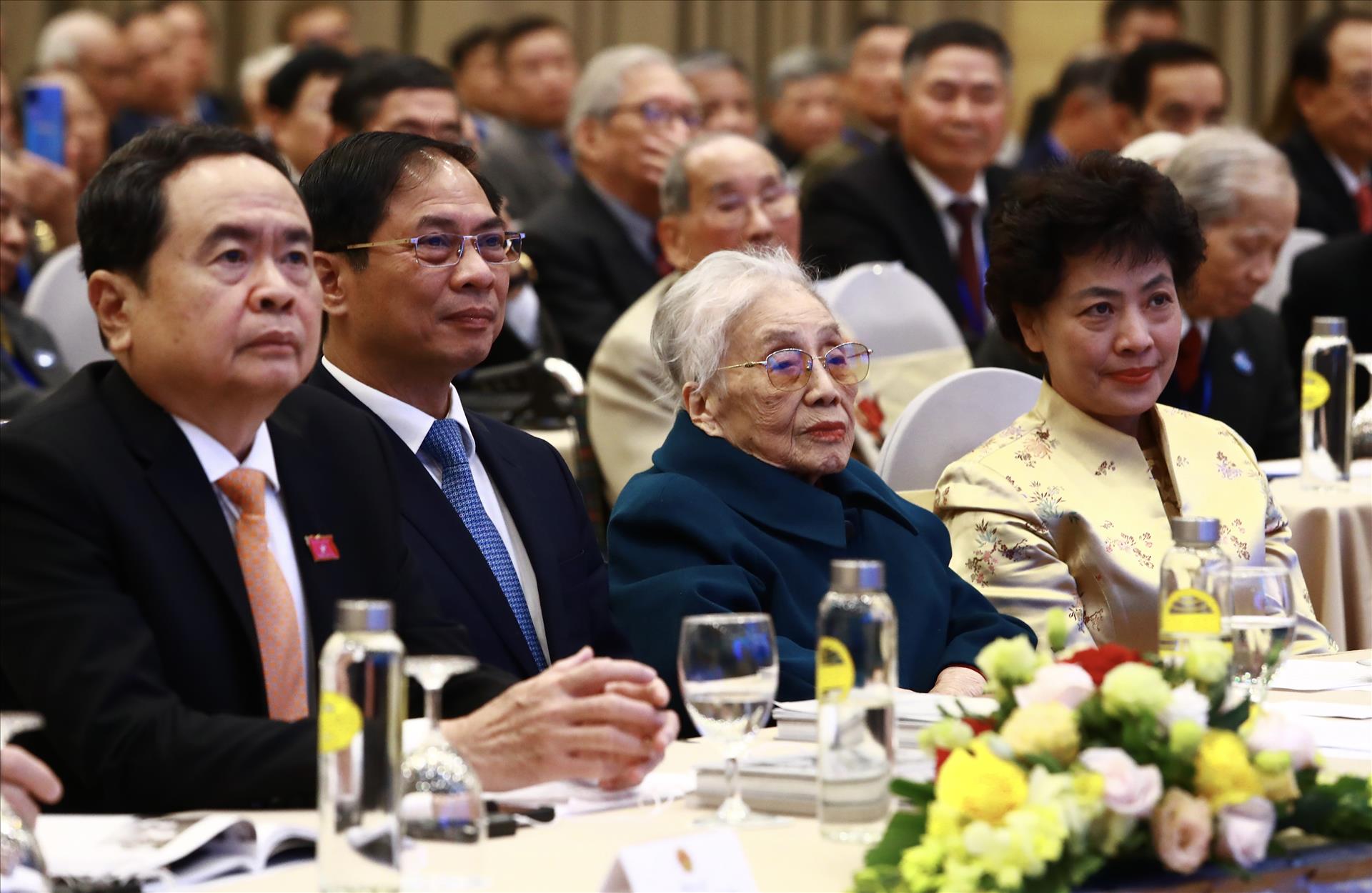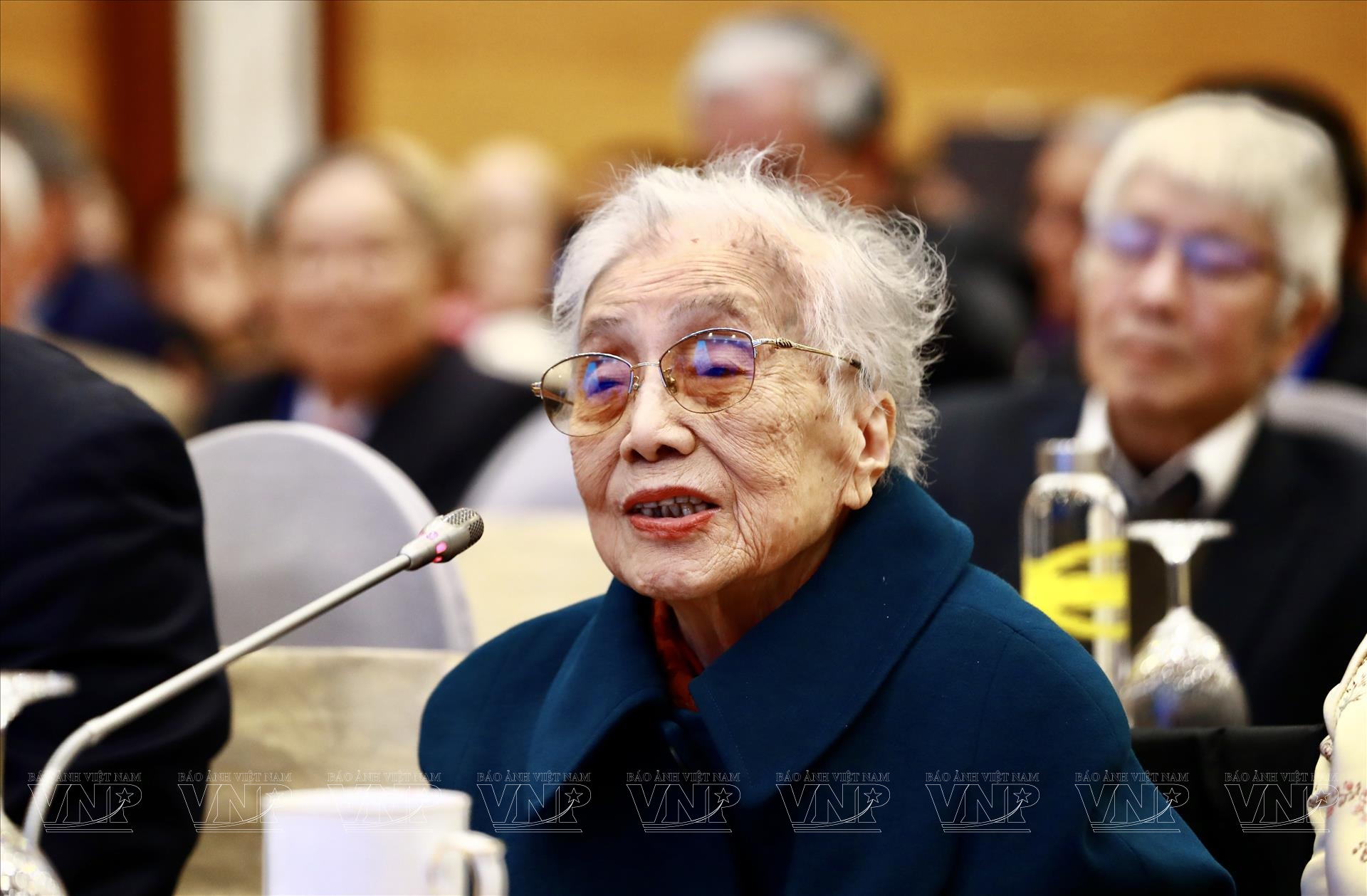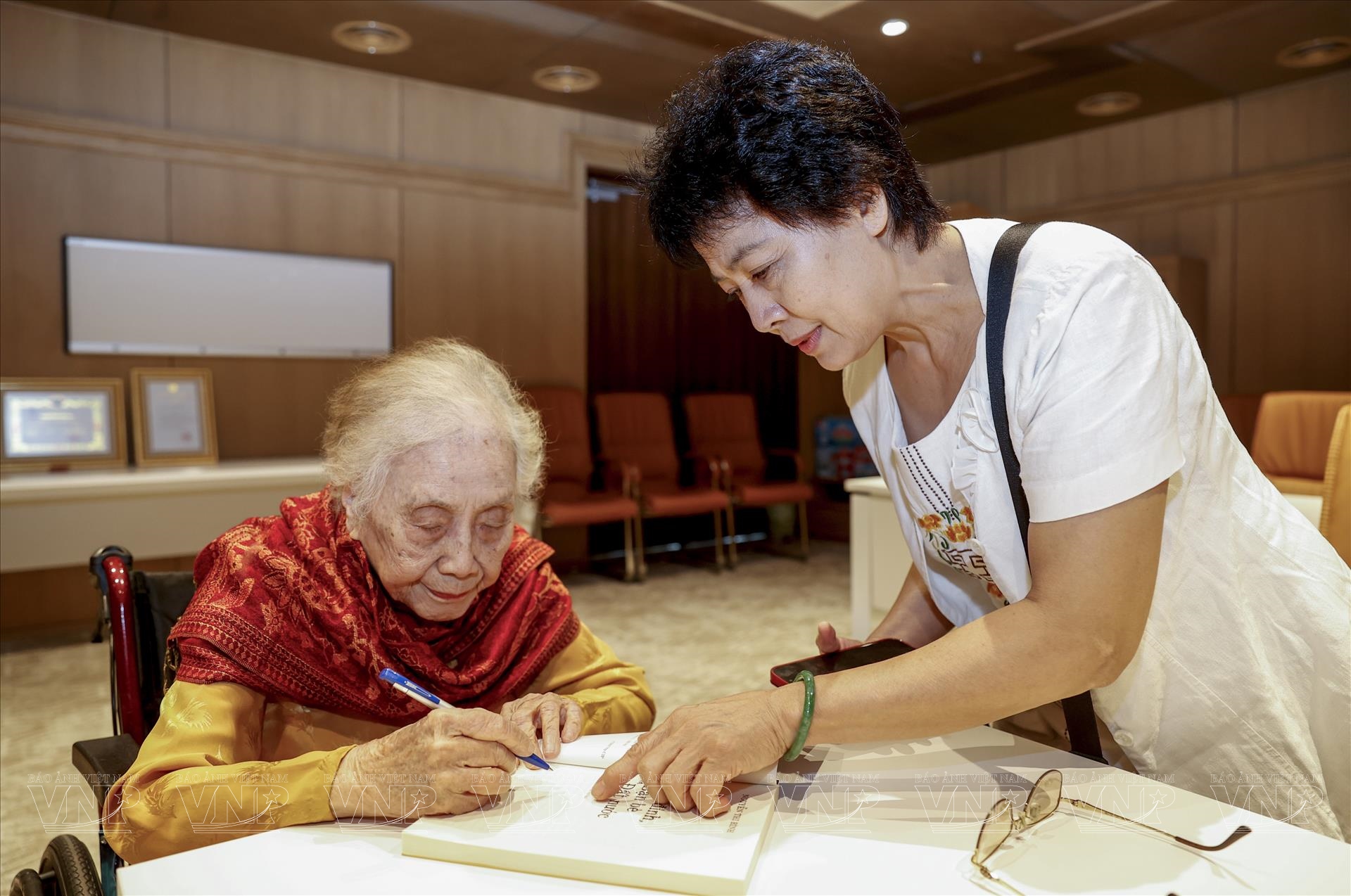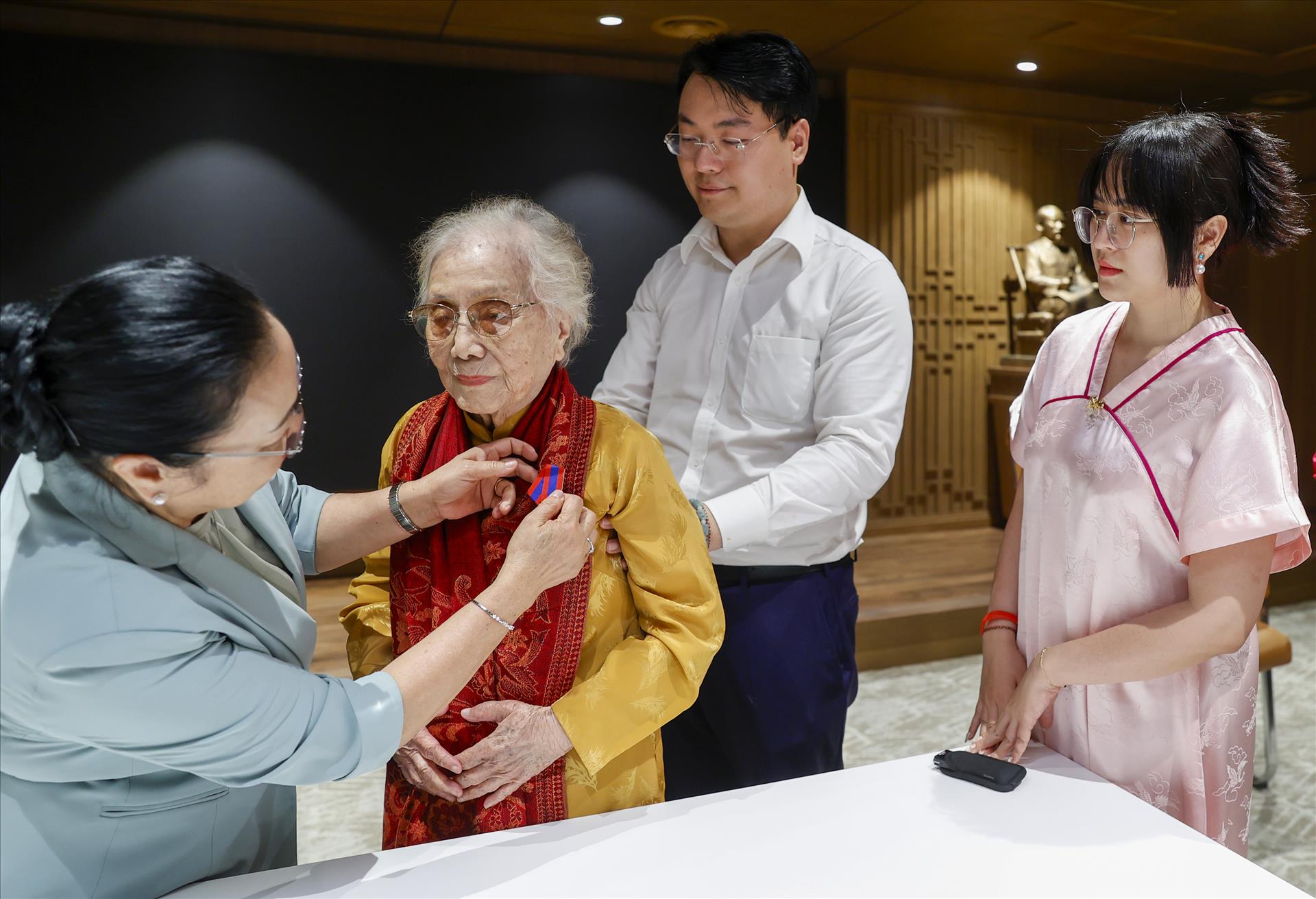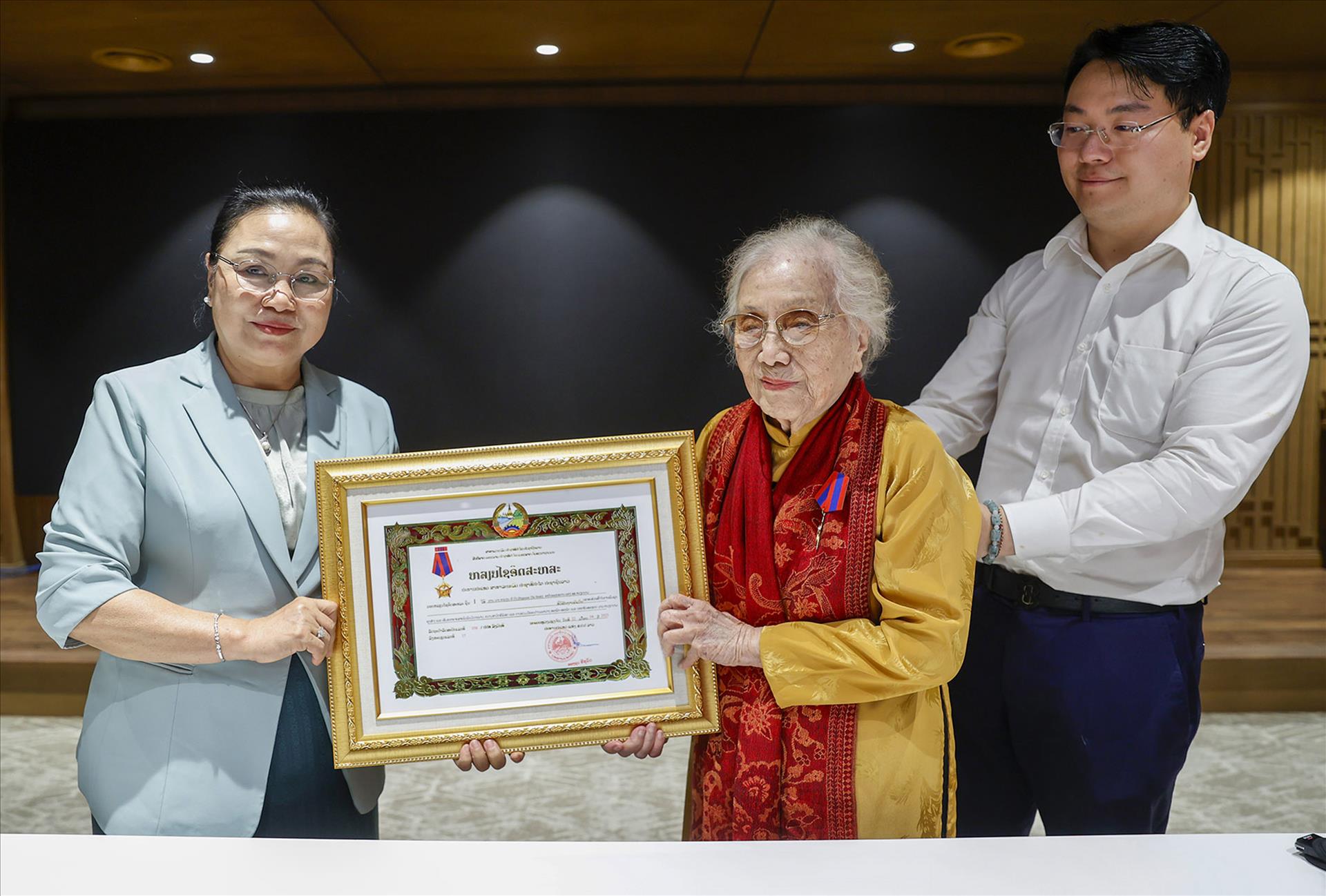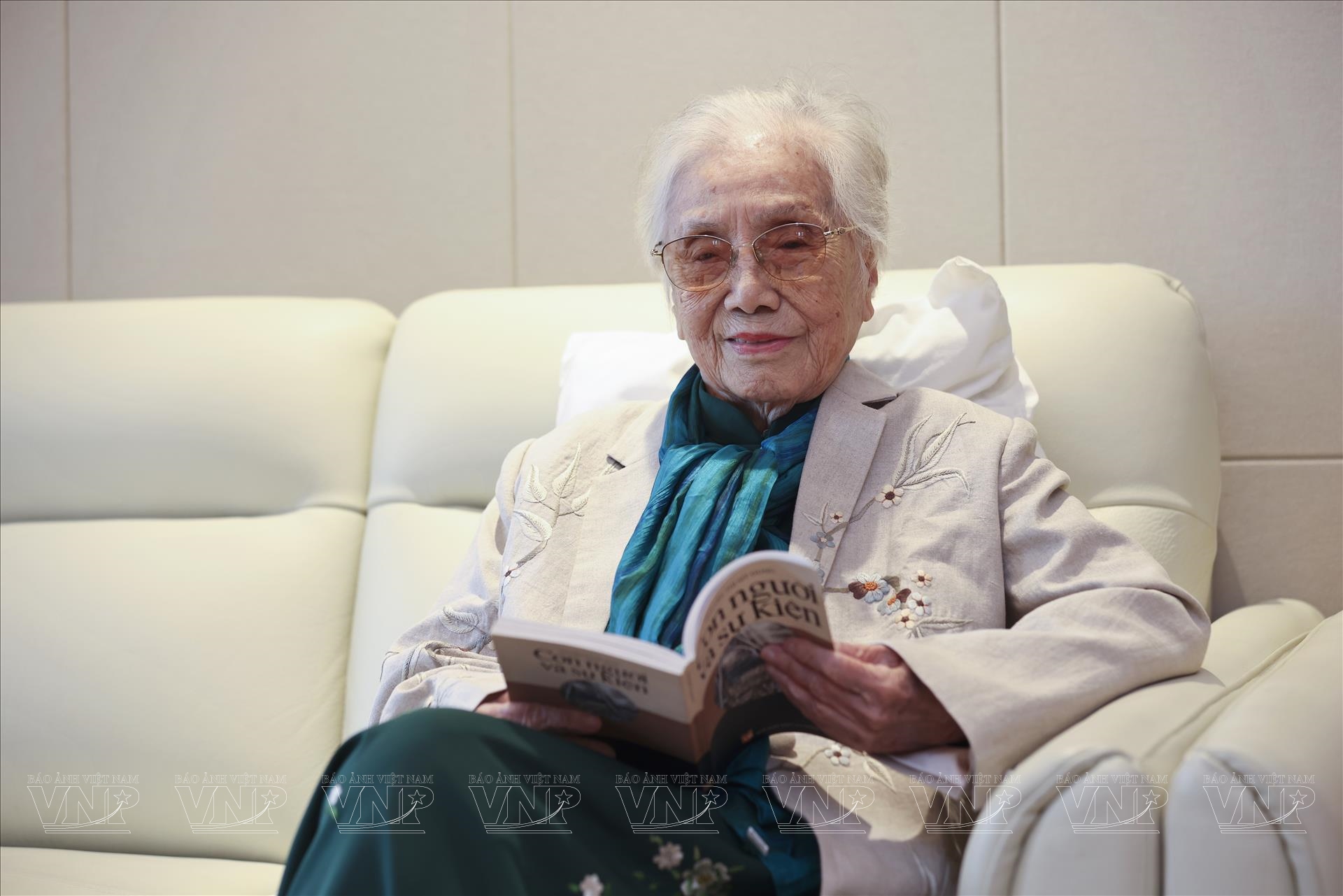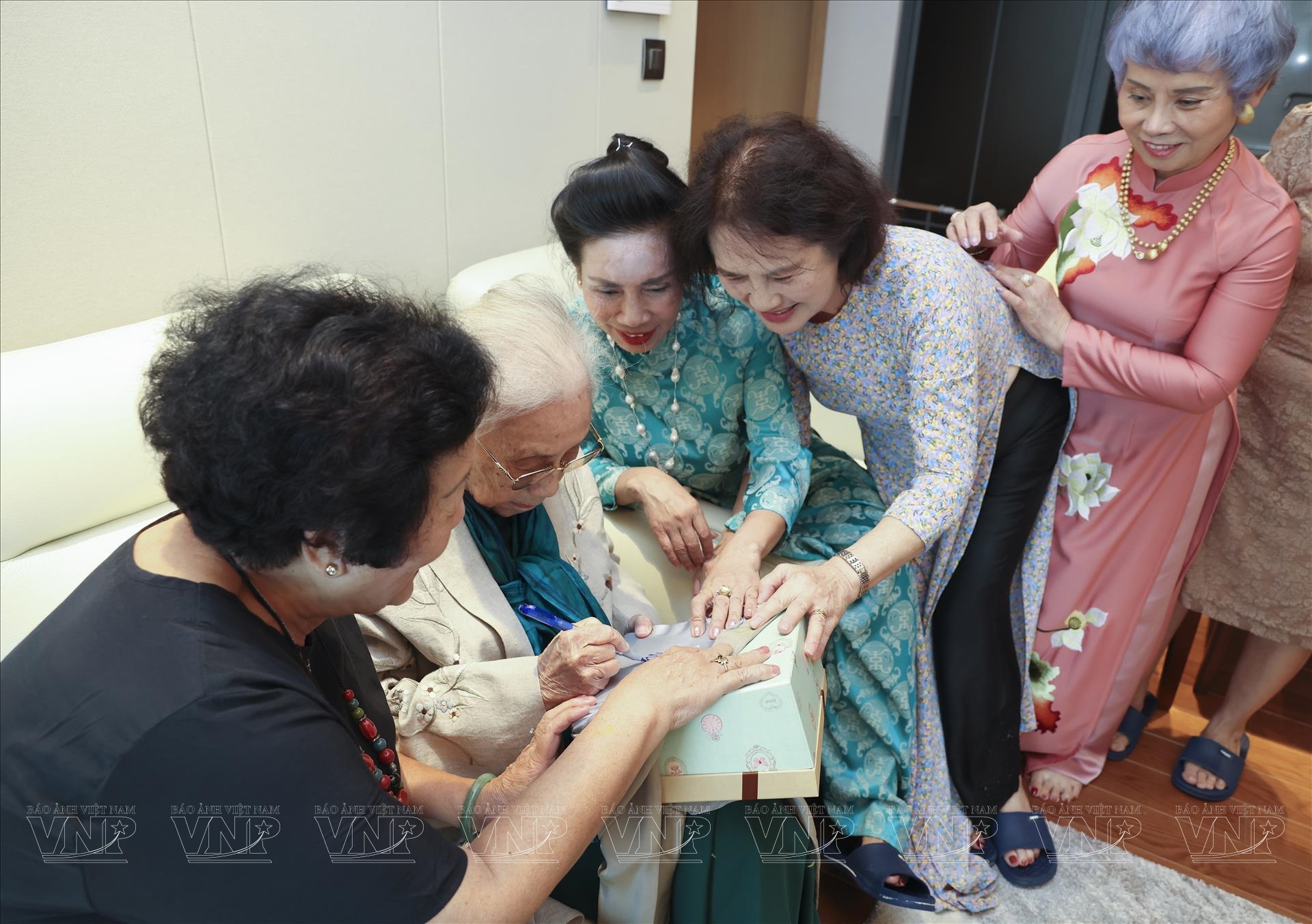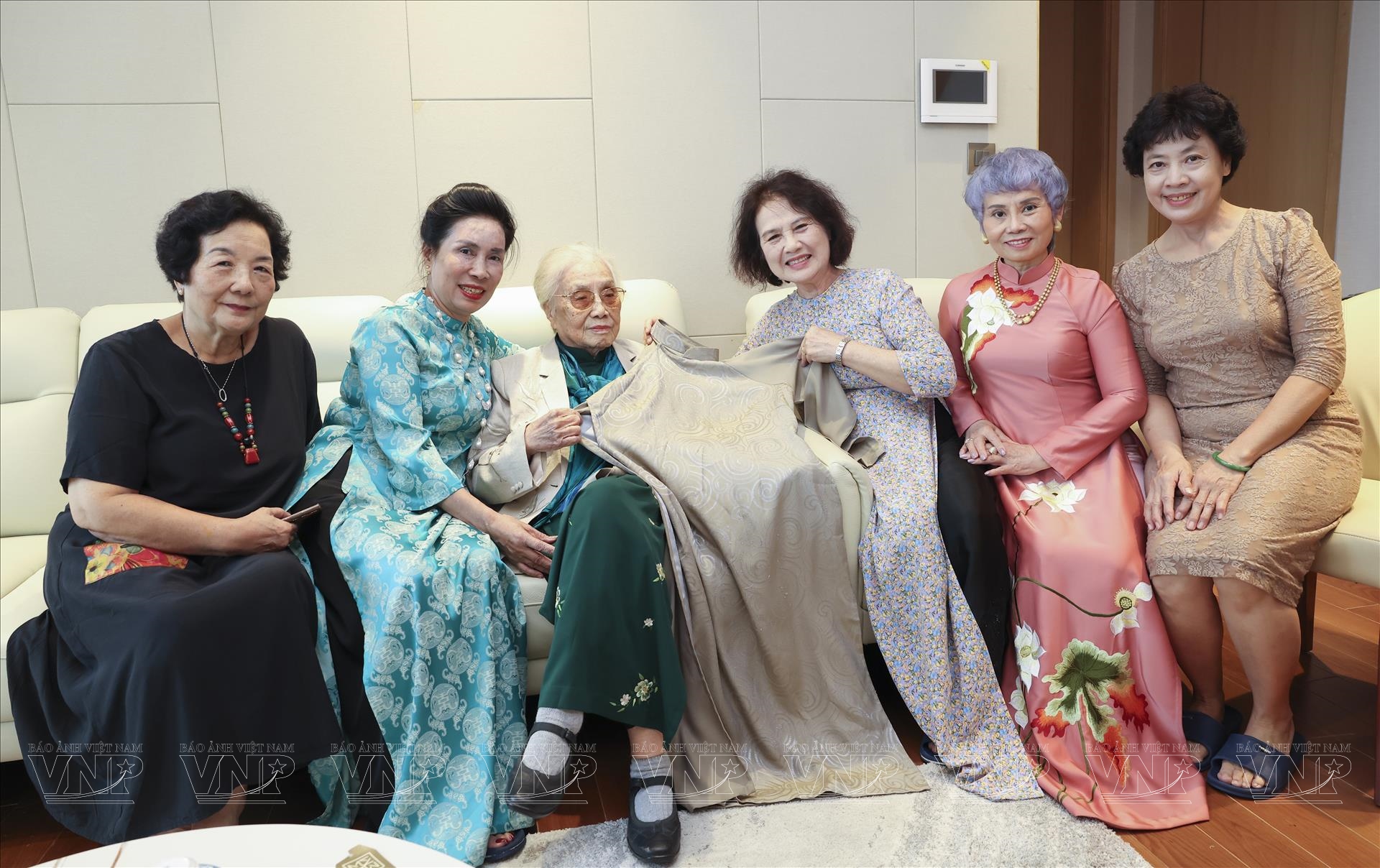"Madame Binh": Vietnam’s Steel Rose
In modern Vietnamese history, Nguyen Thi Binh, the former Vice President of Vietnam, stands out as a preeminent figure. An exceptional diplomat, she symbolizes the intelligence, courage, and spirit of Vietnamese women on the international stage.
Nguyen Thi Binh, born Nguyen Chau Sa on May 26, 1927, in Quang Nam Province (now Da Nang), came from a family deeply rooted in patriotism.
As the granddaughter of Phan Chau Trinh - a great patriot and reformer of the early 20th century - she was instilled with a sense of independence, progressive thinking, and a dedication to serving her country from an early age.
Starting in 1945, she joined the movement to seize power in Saigon, becoming an active revolutionary and a member of the Executive Committee of the South Vietnamese Women's Liberation Association. In 1948, she joined the Communist Party of Vietnam. Her imprisonment by the French colonialists in Chi Hoa Prison from 1951 to 1953 further forged her will and resolve, transforming her into an unyielding revolutionary fighter.
Party General Secretary To Lam presents the title of Hero of Labor to Nguyen Thi Binh, former member of the Party Central Committee, former Vice President, and former Minister of Foreign Affairs of the Provisional Revolutionary Government of the Republic of South Vietnam. Photo: Pham Hai
Immediately upon her arrival in Paris on November 4, 1968, she made a powerful impression on the international community with her speech introducing the five-point solution proposed by the Provisional Revolutionary Government of the Republic of South Vietnam. Her candid delivery, sharp arguments, and confident demeanor earned praise from the Western press, which respectfully dubbed her "Madame Binh”.
Throughout nearly five years of intense negotiations, Nguyen Thi Binh was the embodiment of the voice of peace, steadfastly defending the just cause of her nation. With her courage, flexibility, and skillful negotiation tactics, she helped create international pressure that forced the US to negotiate seriously and make concessions step by step.
On January 27, 1973, she was the only woman among the four representatives to sign the Paris Peace Accords - a historical document that officially ended the war and restored peace in Vietnam. The image of Nguyen Thi Binh at the signing ceremony is a symbol not only of Vietnamese diplomacy but also of the Vietnamese woman's presence on the world stage.
Western media referred to her as a "rose dancing among wolves" - a powerful metaphor that praised her delicate yet resilient, gentle yet fierce, nature. She embodies a rare combination of strategic acumen, composure in high-pressure situations, and superb persuasive ability - qualities that define a brilliant diplomat.
After the success of the Paris Conference, Nguyen Thi Binh was entrusted with many other important responsibilities: Minister of Education, Deputy Head of the Central Party's Commission for External Relations, Head of the National Assembly's Committee on Foreign Affairs, and notably, Vice President of the Socialist Republic of Vietnam from 1992 to 2002.
Even in retirement, she continues to serve the nation through people-to-people diplomacy. Since 2003, she has served as the President of the Vietnam Peace and Development Foundation, actively promoting humanitarian activities, education, and peace dialogues. In this role, she continues her mission of connecting Vietnam with international friends through a flexible, persistent, and effective form of diplomacy.
Nguyen Thi Binh is more than just a stateswoman; she is a special chapter in Vietnam's modern history. Her life and career are a testament to the synthesis of revolutionary will and national spirit, strategic thinking, and profound compassion. In her, one sees a Vietnamese diplomacy that is courageous and persistent yet flexible, and resolute yet humane. She is a living example of patriotism, intellect, and the role of women in the 80-year-long cause of building and defending the nation./.
Story: Thao Vy Photos: Pham Hai, Cong Dat/VNP & Files Translated by Hong Hanh
